
Feeling safe at home should always be a priority, and installing a new security system can help you do just that—no matter where you live.
When choosing a home defense system, you’ll want to balance cost and convenience


Monitored security systems include professional surveillance.
Unmonitored systems are installed and monitored by the homeowner.
Monitored systems offer convenience—but at a monthly cost.
DIY systems are a one-time purchase with more flexibility.
It's natural to want to protect your home, family, and property. For many, the best way to do so is by installing a home security system that responds to break-ins, fires, and other emergencies. Before you buy, you'll need to choose whether you'd prefer a monitored system or an unmonitored one. In this article, we've outlined some home security tips and broken down the key differences between monitored vs. unmonitored home security systems so you can decide which is best for you.

Surveillance is the primary difference between monitored and unmonitored home security systems. Monitored systems include a monthly fee for 24-hour surveillance and emergency response by a security company. Unmonitored systems include no such service, leaving it up to the homeowner to respond to alerts on their smart device when sensors or alarms are triggered.
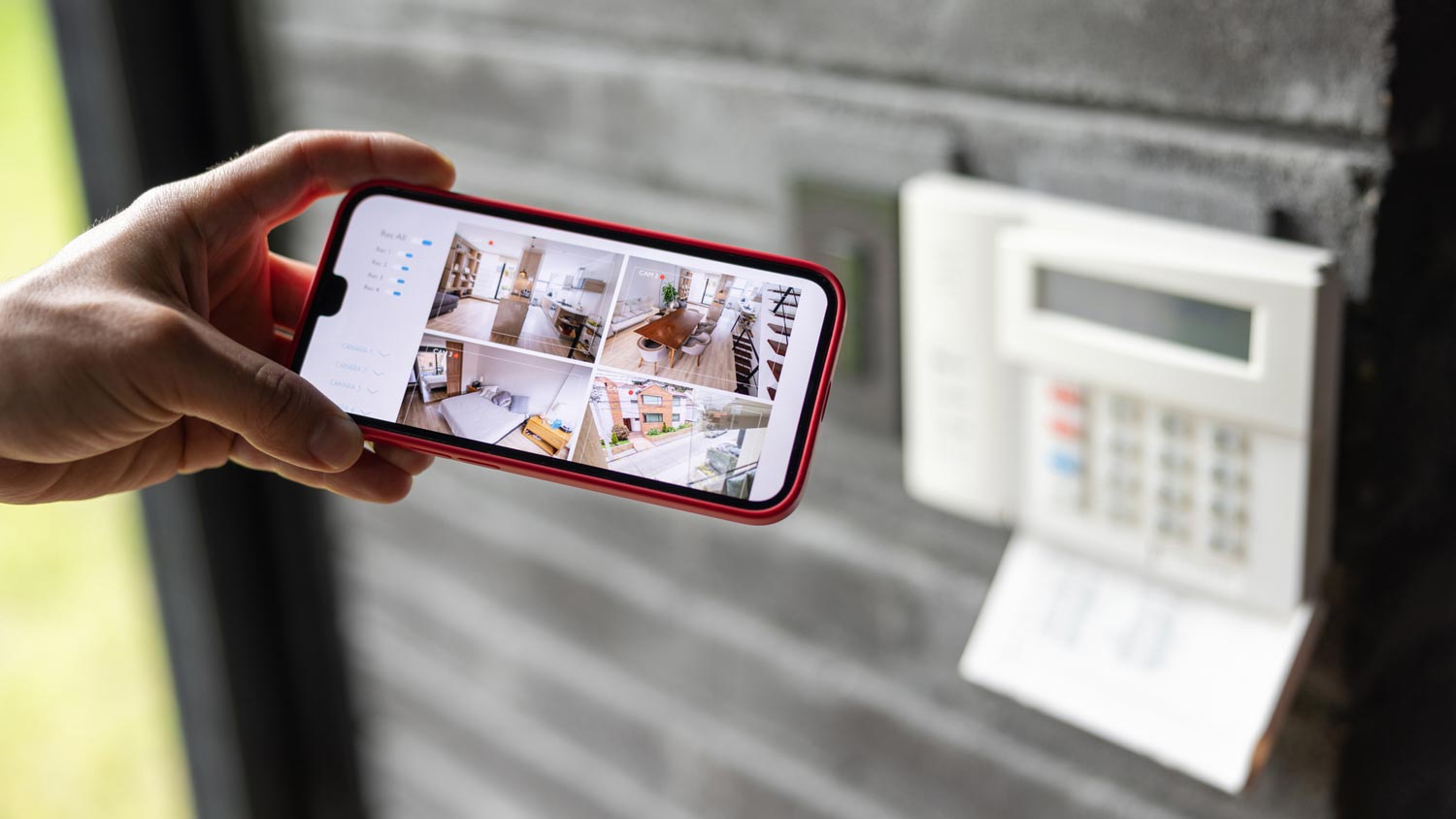
When you buy a monitored security system, you also get professional surveillance. Monitored systems are actively observed by a pro home security team 24 hours a day. When the system cameras or sensors detect a break-in, fire, or other emergency, the team is automatically notified and may immediately call police or other responders to the scene.
| Pros | Cons |
|---|---|
| No need to monitor the system yourself | Higher cost and recurring fees |
| More equipment options | Minimum contract terms |
| Insurance discounts | Potential false alarm charges |
Best for:
Those who want the peace of mind and convenience of professional surveillance
Homeowners looking for a more comprehensive home security system
Those who are not inclined toward DIY projects
The main advantage of a monitored home security system is the convenience and peace of mind that come with professional monitoring by a national or local security company. You'll never be burdened with installing, monitoring, or maintaining your system.
Additionally, monitored security providers tend to offer more options and better quality cameras and sensors than you can purchase and install on your own. This sometimes includes home automation devices such as smart thermostats, smart locks, and smart lighting.
Paying for a monitored system may also help you save up to 20% on your homeowner's insurance bill. Check with your insurance provider to see if you qualify for a discount.
The biggest drawback of a monitored system is its cost. While installation and equipment are often included, you must pay a recurring monthly fee for surveillance services. Additionally, if you decide to cancel surveillance, you often won't be able to keep your equipment. Coupled with minimum contract terms, this means you'll have much less flexibility to change your system.
Finally, some municipalities penalize a homeowner for calling emergency services for a false alarm. If your system is triggered in error and your security company calls local emergency responders to the scene, you may be stuck paying a fee.
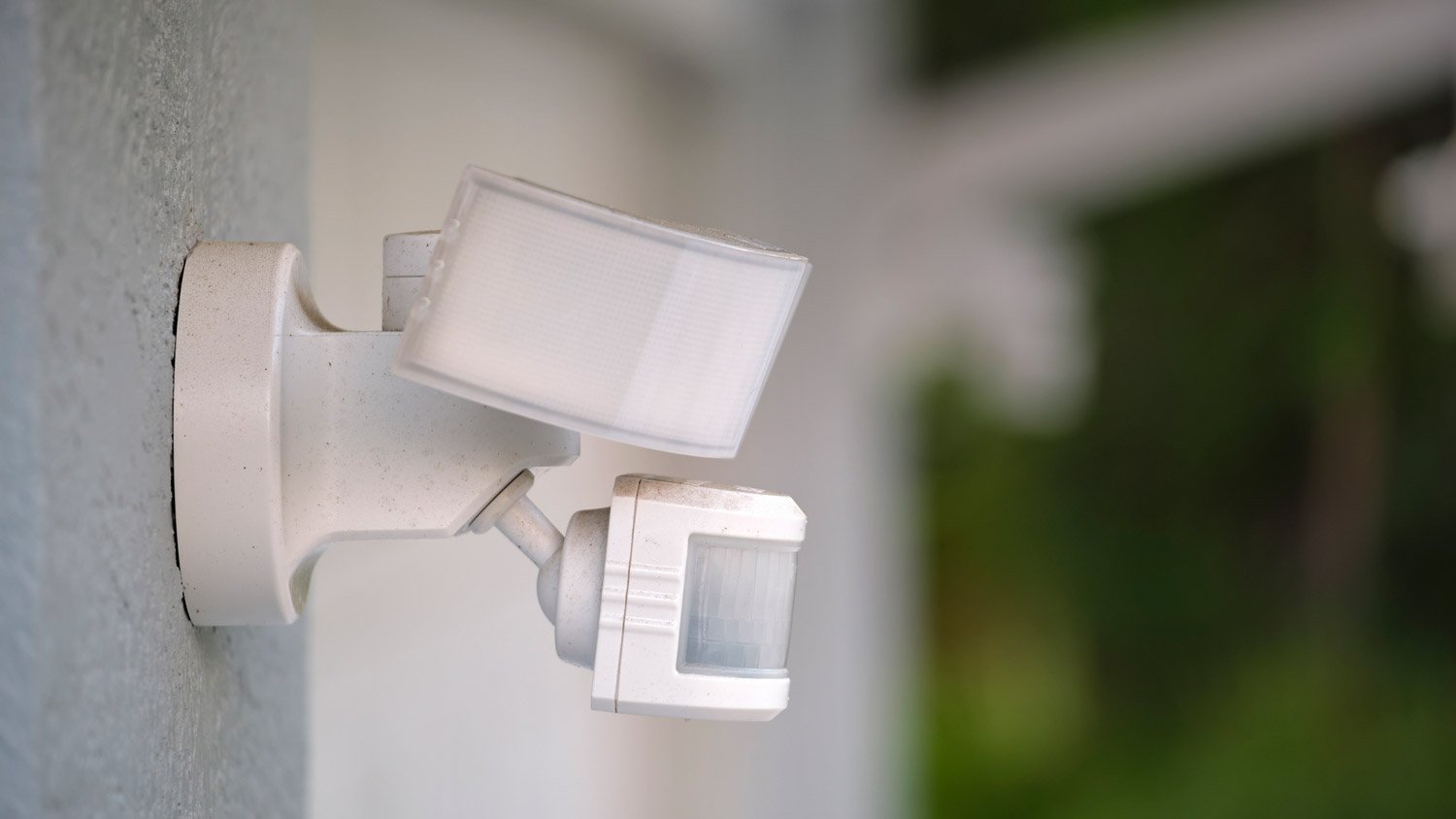
Unmonitored security systems could more accurately be called "self-monitored." Homeowners pay for the equipment and then install it DIY or pay a pro to install it. Equipment can include a control panel, motion sensors, door and window sensors, smoke detectors, sirens, locks, lighting, and more. Once installed, the system can be monitored remotely via a mobile app.
| Pros | Cons |
|---|---|
| Lower cost with no monthly fee | Must monitor and respond yourself |
| Full control over response actions | Requires a reliable internet connection |
| Installation can be custom and DIY | Higher up-front costs |
Best for:
Renters or homeowners looking for long-term savings on home security
DIY-savvy homeowners
Those who want control over their system and don’t mind self-monitoring
If you want the most economical home security option, an unmonitored system comes with no monthly fees. You'll save even more if you install the equipment yourself, a project which is usually very straightforward. Once installed, you'll have full control over your system and the decisions made during an emergency.
Although you can fully customize your system with high-quality equipment, you simply won't have the same level of protection at all times. You'll need a reliable internet connection to receive alerts and respond to emergencies promptly.
Additionally, you'll have to pay for equipment and installation, which are typically included with a monitored system. This means that you may have a higher up-front cost, even though the lack of a monthly fee means you'll ultimately save money over time.
Plus, you may not be eligible for additional homeowners insurance discounts with this type of system. While a monitored security system affects home insurance policies in a positive way via discounts, your unmonitored one likely doesn’t qualify.
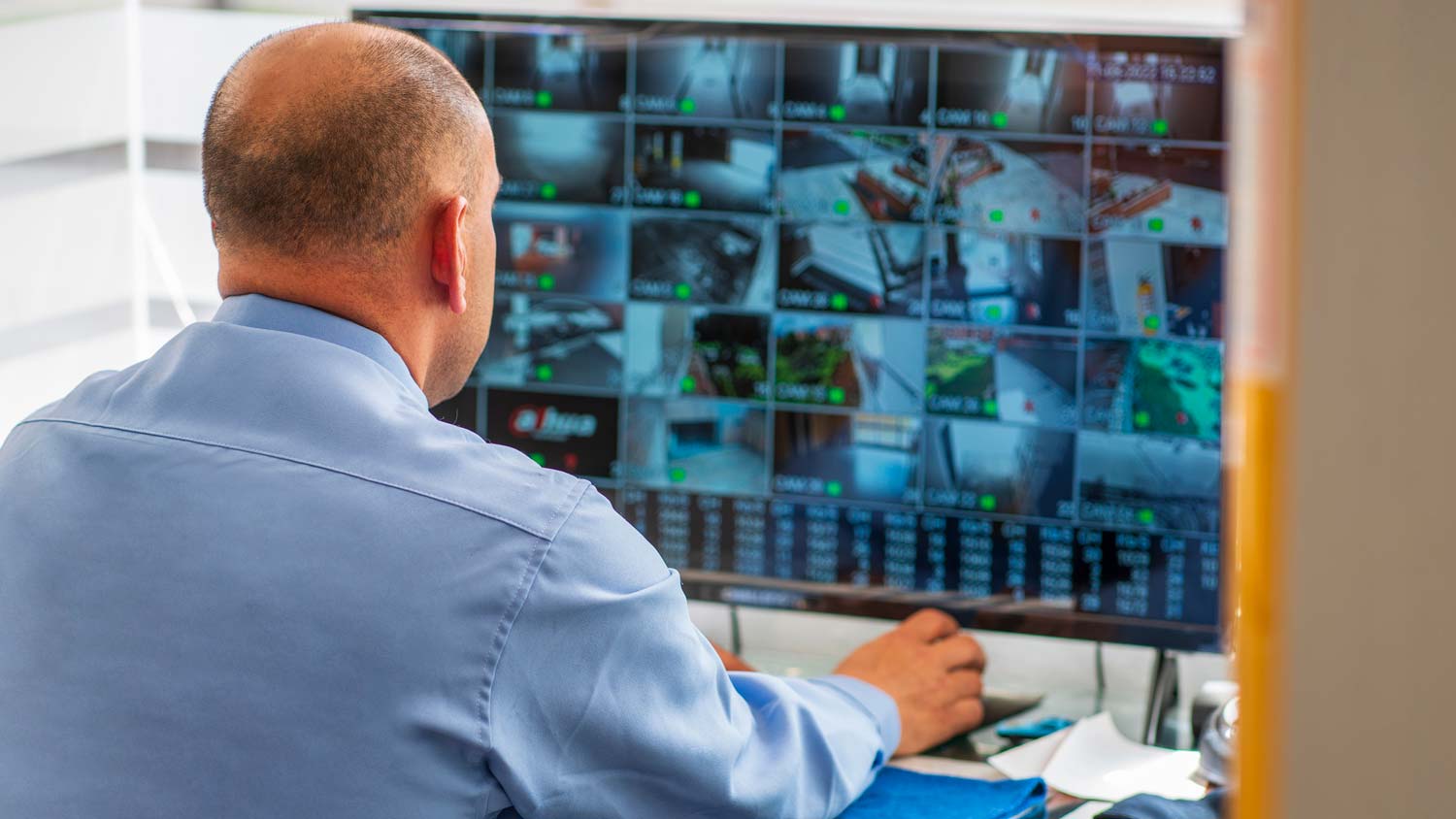
Now that you know what both types of home security systems are and the pros and cons of each, let's compare the two directly so you can better choose a home security system.
Professional security providers tend to offer higher-quality sensors and cameras than you can purchase on your own. All required equipment for a monitored system is included in your contract, and optional add-ons are typically available for a fee.
A self-monitored system only requires the upfront price of the equipment, and the cost to install the security system is optional. A monitored system may earn you a discount on your homeowner's insurance, but you'll still pay a recurring monthly fee for your surveillance service.
Many monitored systems require professional installation, so DIY setup is not an option. However, installation is often done free of charge. DIY installation for unmonitored systems tends to be very straightforward, even for those who don’t know how to install a security system.
The 24-hour professional surveillance provided by a monitored system means that all emergencies are addressed as they happen without the need for your attention or a reliable internet connection. In contrast, self-monitored systems require the homeowner to pay attention and develop their own action plan in an emergency.
You can remotely monitor and control every aspect of your home security system from an app on your smart device. This means you'll have full control over the response to any emergency, helping you avoid false alarms.
To pick between these two types of home security systems, you should ask yourself a few questions. The main consideration is whether or not you want the heightened protection that a monitored system offers. While a doorbell camera can offer real-time access to footage of your home, it won’t trigger an emergency response. If that is the most important thing to you, choose a monitored system.
But, these can be more expensive and complicated—so unless emergency response is your top priority, an unmonitored system may be enough to deter crime and make you feel safer at home. In fact, studies show that simply purchasing home security stickers can deter crime as well.
From average costs to expert advice, get all the answers you need to get your job done.

Feeling safe at home should always be a priority, and installing a new security system can help you do just that—no matter where you live.

Motion-sensor lighting costs vary greatly because they have so many customizations available. Learn more by using this cost guide about motion-sensor lights.
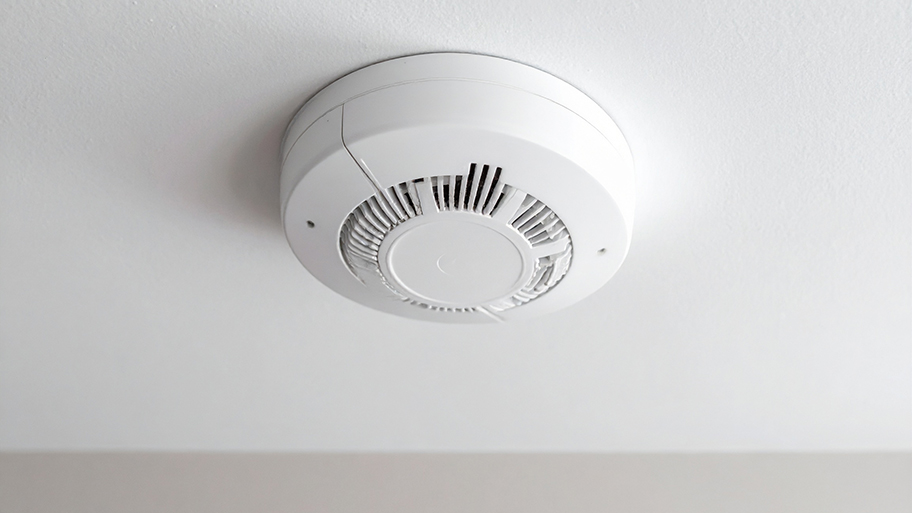
Discover true smoke detector installation costs. Learn about average prices, cost factors, and tips to save on your smoke detector installation project.

A home alarm system can help make your home safer, but it depends on several factors. Keep reading to see if home alarm systems are worth it.

Wondering where to place security cameras inside and outside of your home? Get expert guidance on the best locations for surveillance.
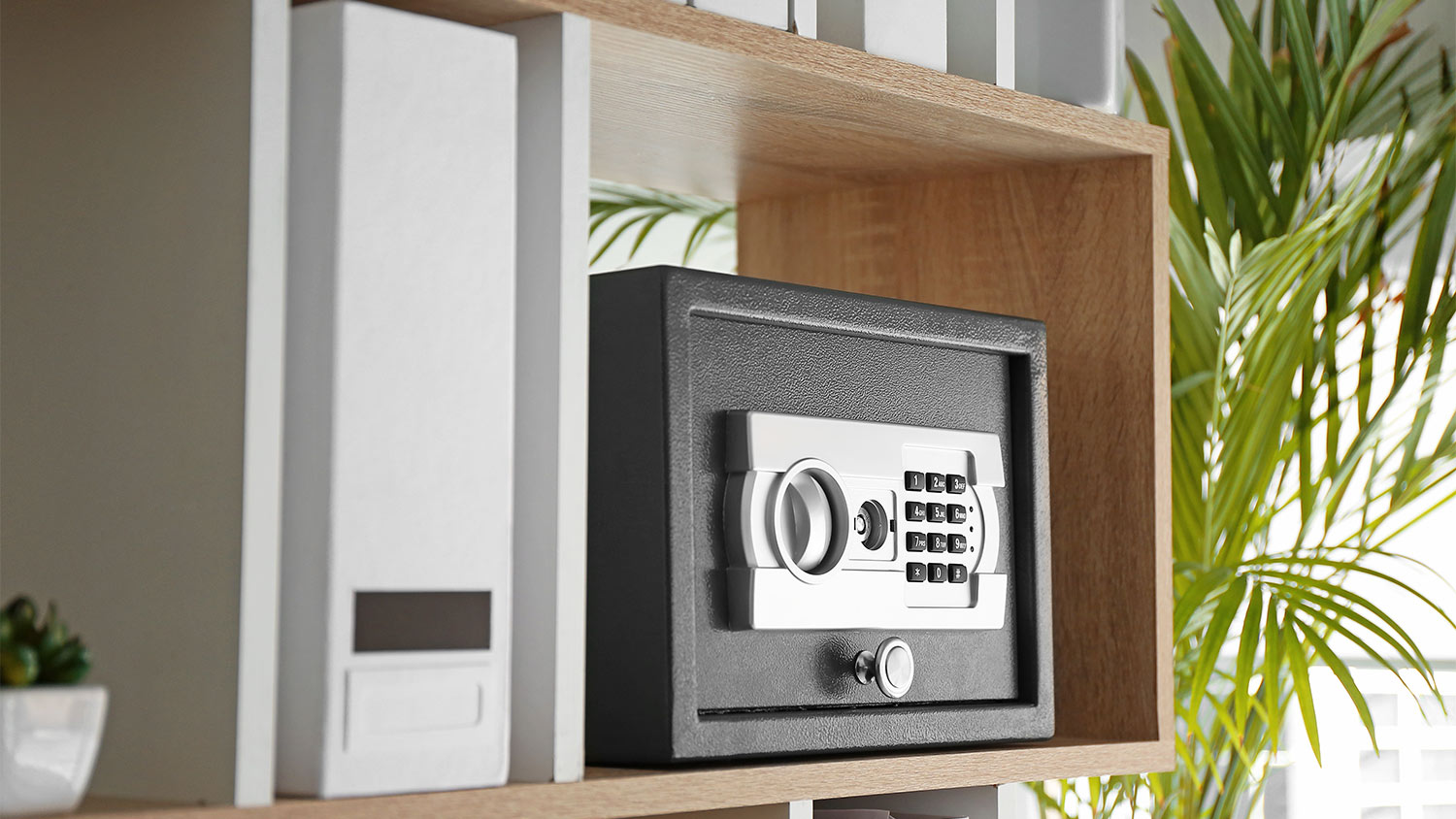
How much does a safe cost? Discover average prices, installation fees, and key cost factors to help you choose the right safe for your home.